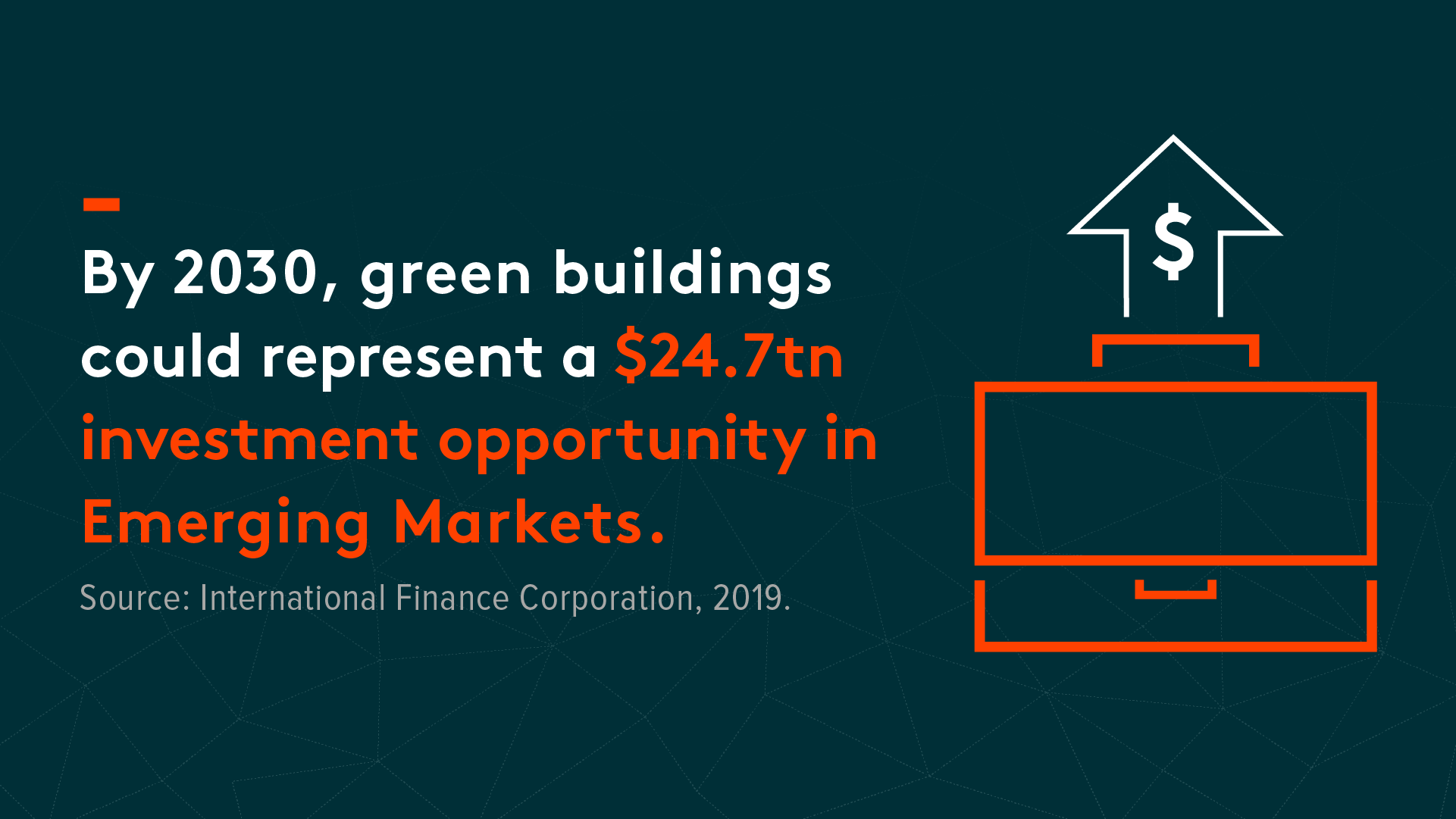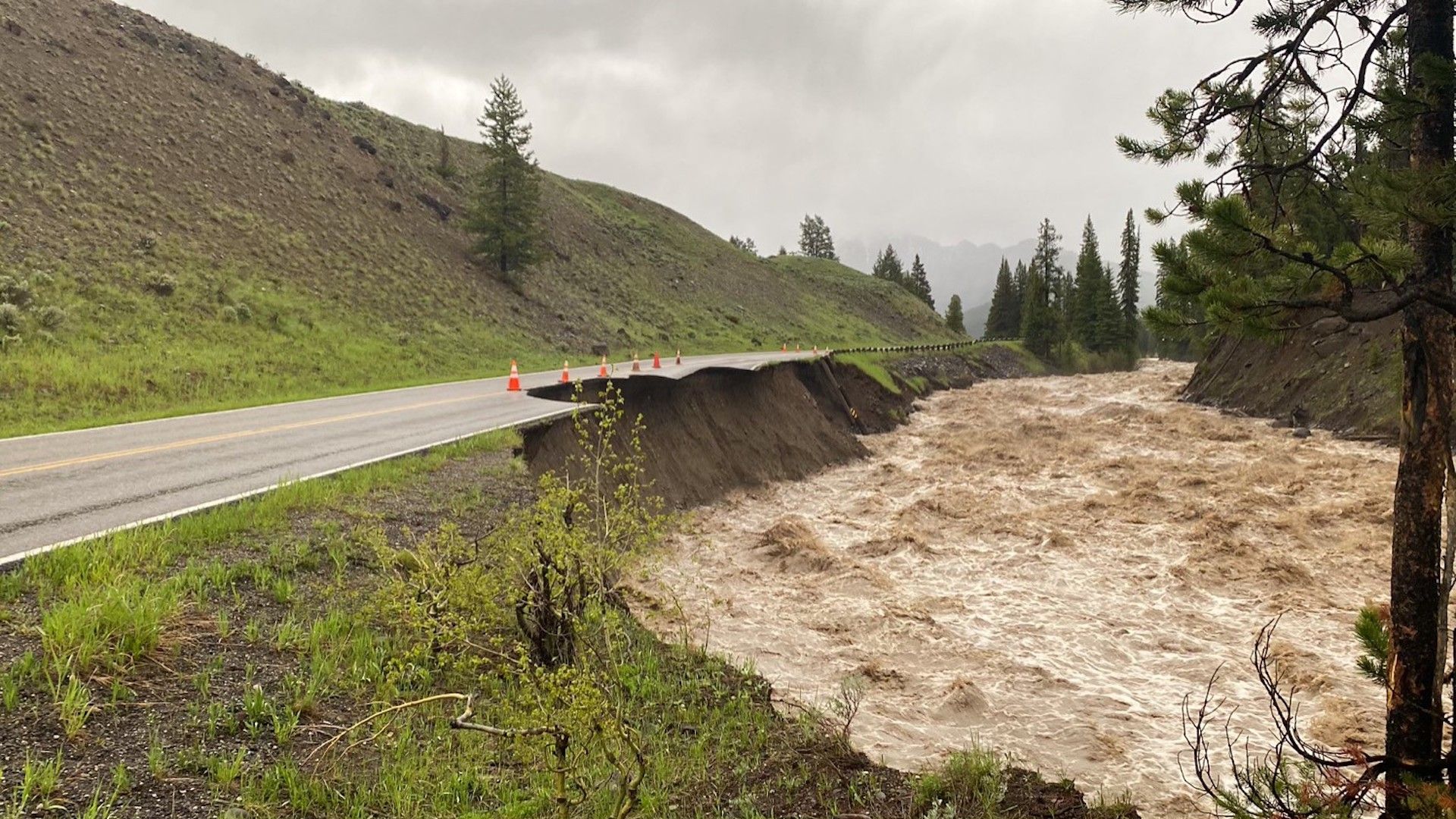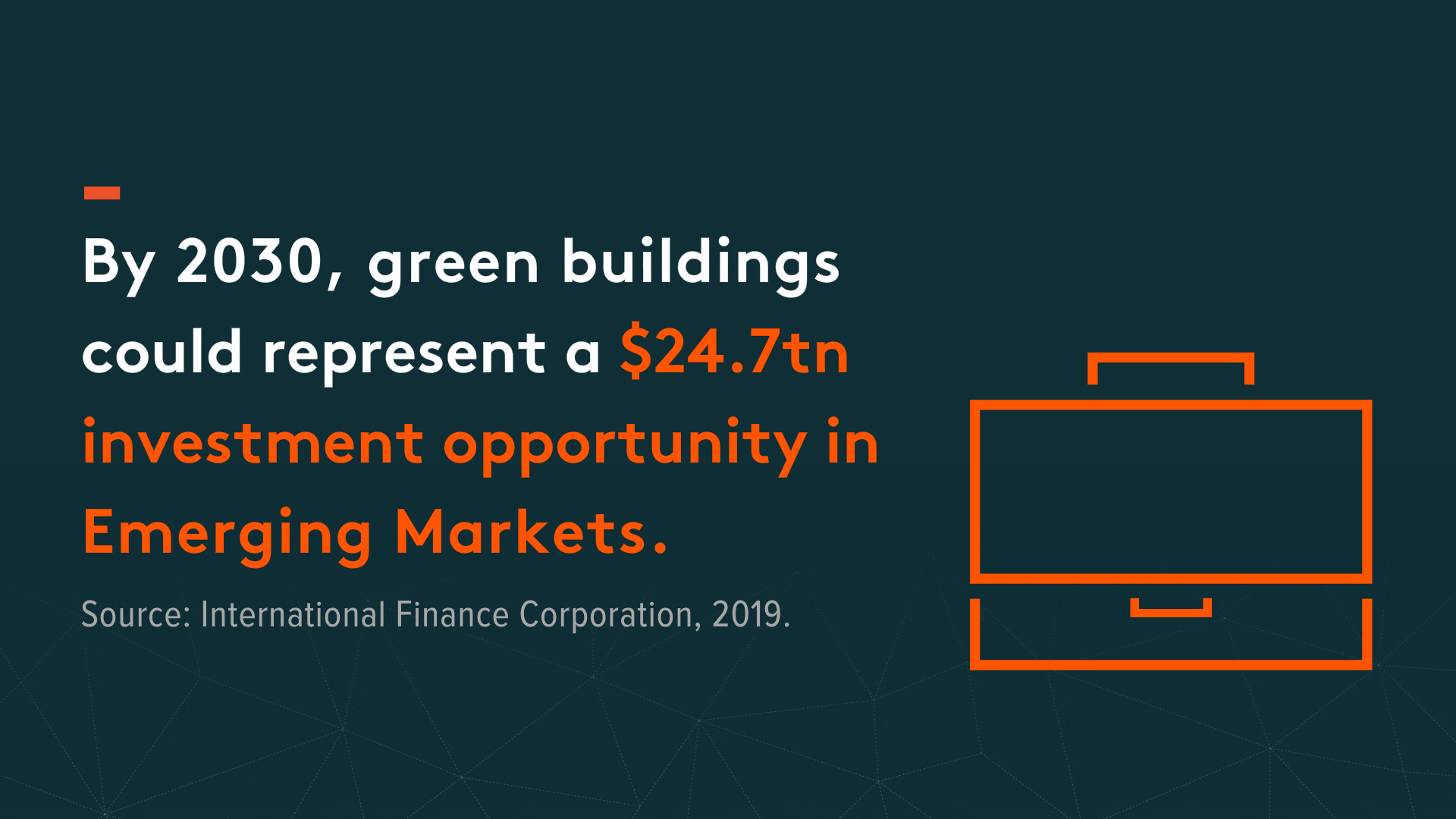| | | | | | | Presented By Global X ETFS | | | | Axios Generate | | By Ben Geman and Andrew Freedman · Jun 14, 2022 | | 🍳 Good morning! Today's newsletter, edited by Mickey Meece, has a Smart Brevity count of 1,221 words, 5 minutes. 🚗 VW is on track to overtake Tesla as the top global EV seller in 2024, a Bloomberg Intelligence analysis finds. Go deeper 🎶 At this moment in 1998, Brandy and Monica had recently started a monster run atop the Billboard Hot 100 with today's A+ intro tune... | | | | | | 1 big thing: Jupiter lands climate risk partner |  | | | Illustration: Annelise Capossela/Axios | | | | Jupiter Intelligence, a large independent provider of climate risk analytics, announced a strategic partnership today with Boston Consulting Group to help its corporate ESG practice and clients, the company first told Andrew. Why it matters: Jupiter is pursuing an aggressive partnerships strategy to distinguish itself in a crowded field. The big picture: Enabling businesses and governments to plan for escalating climate change risks is crucial for boosting resilience and minimizing economic losses. - According to Mike Lyons, BCG managing director and partner, Jupiter's global climate analytics platform will be integrated into BCG's systems to provide customized reports for clients.
- Jupiter has sought to be a leader in analyzing physical climate risk, including the danger climate change poses to company and government assets, from factories to airports.
What's happening: Jupiter is an attractive partner to consulting firms, Lyons said, because it is a pure data play, and has no interest in moving into consulting on its own. - This contrasts Jupiter with other players in the climate intelligence space that have recently been purchased by companies such as McKinsey, Willis, S&P and Moody's.
- These include climate risk modeling firm RMS, The Climate Service, 427 and others that started out independently like Jupiter, some of which pursued bespoke climate consulting practices.
What they're saying: Jupiter CEO Rich Sorkin told Andrew that partnerships are one way to embed Jupiter's products into other firms, and also get new business. - "We win about 70% of what we see and we see a whole lot more with these partnerships," Sorkin said.
Context: Joe Monaghan, CEO of public sector partnership at Aon, another Jupiter partner, told Axios that he has seen a "frenzy" from companies and institutions as they try to gain capabilities to evaluate climate risks to their businesses or public assets. - Many are accomplishing this through acquisitions, Monaghan said.
- "They want to get something because they understand they don't have what they need. Now getting something is better than having nothing and then equips them to be more thoughtful going forward," Monaghan added.
Yes, but: Evaluating the accuracy of climate risk analytics, be they from Jupiter or competing companies, can be difficult as they involve projections out to the year 2100. Read the whole story. |     | | | | | | 2. Breaking: Power giant vows "real zero" emissions |  | | | Photo illustration by Pavlo Gonchar via Getty Images | | | | The country's largest power provider just vowed to end its emissions by 2045 — and to hit the target without offsets that outsource carbon cuts, Ben writes. Driving the news: NextEra Energy, parent of Florida Power & Light and other major assets, announced a target of "real zero" by 2045. NextEra, already a huge national player in renewables, trademarked "real zero" to contrast it with the "net-zero" parlance in other corporate pledges. The big picture: NextEra said its blueprint could create 180,000 jobs and $20 billion in annual "GDP impact" through 2045. - It envisions massive growth in renewables, storage, conversion of gas-fired units to run on "green hydrogen, and use of "renewable" gas. The company intends to maintain its nuclear generation.
- The plan also calls for expanding NextEra's work with other companies as a "preferred partner" in their decarbonization work.
Zoom in: NextEra hopes to expand FPL solar generation from roughly 4,000 megawatts today to reach 90,000 MW of capacity by 2045. - Battery storage capacity on FPL's grid would reach 50,000 MW, up from 500 today, and it sees converting 16,000 MW of gas to hydrogen.
- NextEra says it can achieve the plan without raising customer costs. But spokesperson David Reuter tells Axios the efforts should be supported by "constructive governmental policies and incentives."
The intrigue: The NextEra move comes as the use of offsets — which can face verification and integrity problems — in net-zero plans has faced criticism. "Most utilities with net-zero commitments are relying on offsets to some degree or another. This is a big problem," David Pomerantz, executive director of utility watchdog group Energy and Policy Institute, said via email. |     | | | | | | 3. The good, the bad and the ugly of net-zero pledges |  | | | Illustration: Natalie Peeples/Axios | | | | Speaking of net-zero pledges, a new report finds plenty of growth in government and corporate vows to radically slash emissions, but warns of "major credibility gaps" too, Ben writes. Driving the news: Net Zero Tracker, a research consortium, published its detailed "stocktake" of targets to end emissions by 2050 or sooner. - National targets now cover 83% of global greenhouse gas emissions, with 65% embedded in legislation or policy documents.
- Over one-third of the Forbes Global 2000 list of largest public companies have set targets.
Why it matters: Reaching net-zero globally by 2050 is a common benchmark for keeping temperature rise within Paris Agreement goals. But whether pledges become reality is deeply uncertain. Threat level: Pledge transparency and integrity are "far from sufficient" to enable net-zero global emissions, per Net Zero Tracker. - Only around half of the companies with net-zero commitments have set interim targets.
- Two-thirds of the companies don't meet "minimum procedural steps," such as specific published plans.
Go deeper. |     | | | | | | A message from Global X ETFS | | Build a greener investment portfolio | | |  | | | | Government policies and private sector commitments to combat climate change are driving demand for more sustainable buildings. We recently explored the long-term investment case for companies involved in the development, management, and technology powering green buildings. Learn more. | | | | | | 4. 🏃🏽♀️Catch up fast on deals | | ⚡Electric aviation startup Overair announced $145 million in new funding from Hanwha Systems and Hanwha Aerospace, which will also provide electric motors and battery packs for Overairs's prototypes. Overair is among several startups looking to commercialize electric vertical takeoff and landing aircraft. 🚗 The big EV charging provider Blink is buying SemaConnect, another charging solutions player, in a $200 million deal that will add around 13,000 chargers to Blink's network. Bloomberg has more. |     | | | | | | 5. Putin's regime cashes in despite pressure |  Data: CREA; Chart: Baidi Wang/Axios Moves to isolate Vladimir Putin have yet to significantly cut Russian energy revenues, a new report finds, Ben writes. Driving the news: Export revenues have been falling since March but remain at record highs, per the Centre for Research on Energy and Clean Air. - A look at the first 100 days of the unprovoked war on Ukraine finds the commodity price surge created a "windfall."
- China has overtaken Germany as the largest importer as Europe's biggest economy has managed some reductions.
- India emerged as a major buyer of Russian crude, per analysis of data from Feb. 24-June 3.
Why it matters: "Revenue from fossil fuel exports is the key enabler of Russia's military buildup and aggression," it states. Russia earned over $97 billion in exports during the first 100 days, even as several European nations have curbed purchases. What we're watching: EU efforts to slash Russian imports in the months (and years) ahead. The New York Times has more. |     | | | | | | 6. Extreme weather slams the U.S., from flooding to fires |  | | | High water levels in the Lamar River eroding the Northeast Entrance Road in Yellowstone National Park. Photo: National Park Service | | | | Extreme weather events, likely worsened by climate change, slammed the U.S. yesterday and continue today, Andrew writes. The big picture: A rare June atmospheric river event led to some of the worst flash floodings on record in Yellowstone National Park, closing the entire park and forcing evacuations. - Washed-out roads and debris could block the park's north entrance for an extended period.
- The Yellowstone River at Corwin Springs rose 6 feet in 24 hours to an unprecedented height of over 2 feet above its all-time high of 11.5 feet set in 1918.
- Surrounding towns are entirely cut off due to the floodwaters, according to AP.
- Heavy precipitation events are becoming more frequent and intense due to climate change, as warmer air carries more water vapor.
Meanwhile, wildfires erupted in Arizona and California, forcing evacuations, as extreme drought conditions combined with high winds created extreme fire behavior. - About 118 million people are under heat warnings and advisories today for triple-digit-high temperatures, including Chicago, Memphis and Indianapolis.
- Heat waves are worsening worldwide as climate change continues, and dozens of records are expected to be tied or set today and tomorrow.
|     | | | | | | A message from Global X ETFS | | Build a greener investment portfolio | | |  | | | | Government policies and private sector commitments to combat climate change are driving demand for more sustainable buildings. We recently explored the long-term investment case for companies involved in the development, management, and technology powering green buildings. Learn more. | | | | 📬 Did a friend send you this newsletter? Welcome, please sign up. 🙏 Thanks for reading and we'll see you back here tomorrow. |  | It's called Smart Brevity®. Over 200 orgs use it — in a tool called Axios HQ — to drive productivity with clearer workplace communications. | | | | | | Axios thanks our partners for supporting our newsletters. If you're interested in advertising, learn more here.
Sponsorship has no influence on editorial content. Axios, 3100 Clarendon Blvd, Suite 1300, Arlington VA 22201 | | | You received this email because you signed up for newsletters from Axios.
Change your preferences or unsubscribe here. | | | Was this email forwarded to you?
Sign up now to get Axios in your inbox. | | | | Follow Axios on social media:    | | | | | |










No comments:
Post a Comment